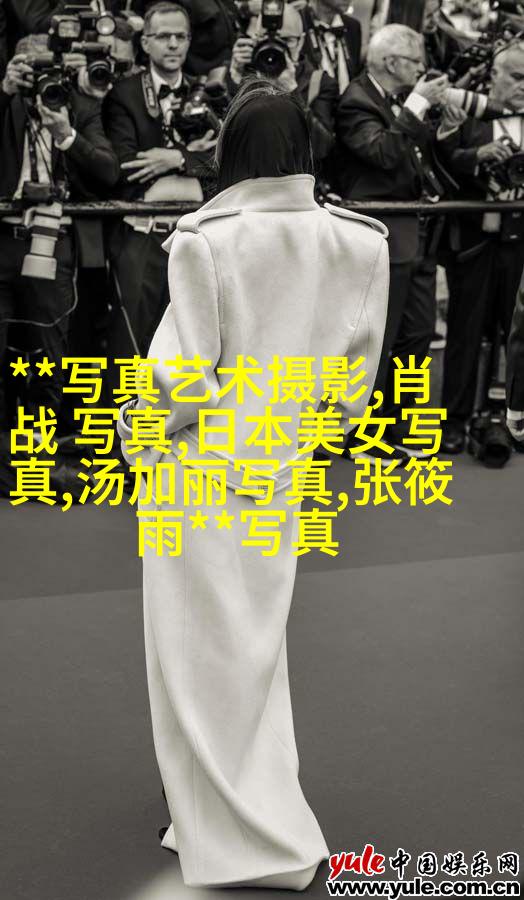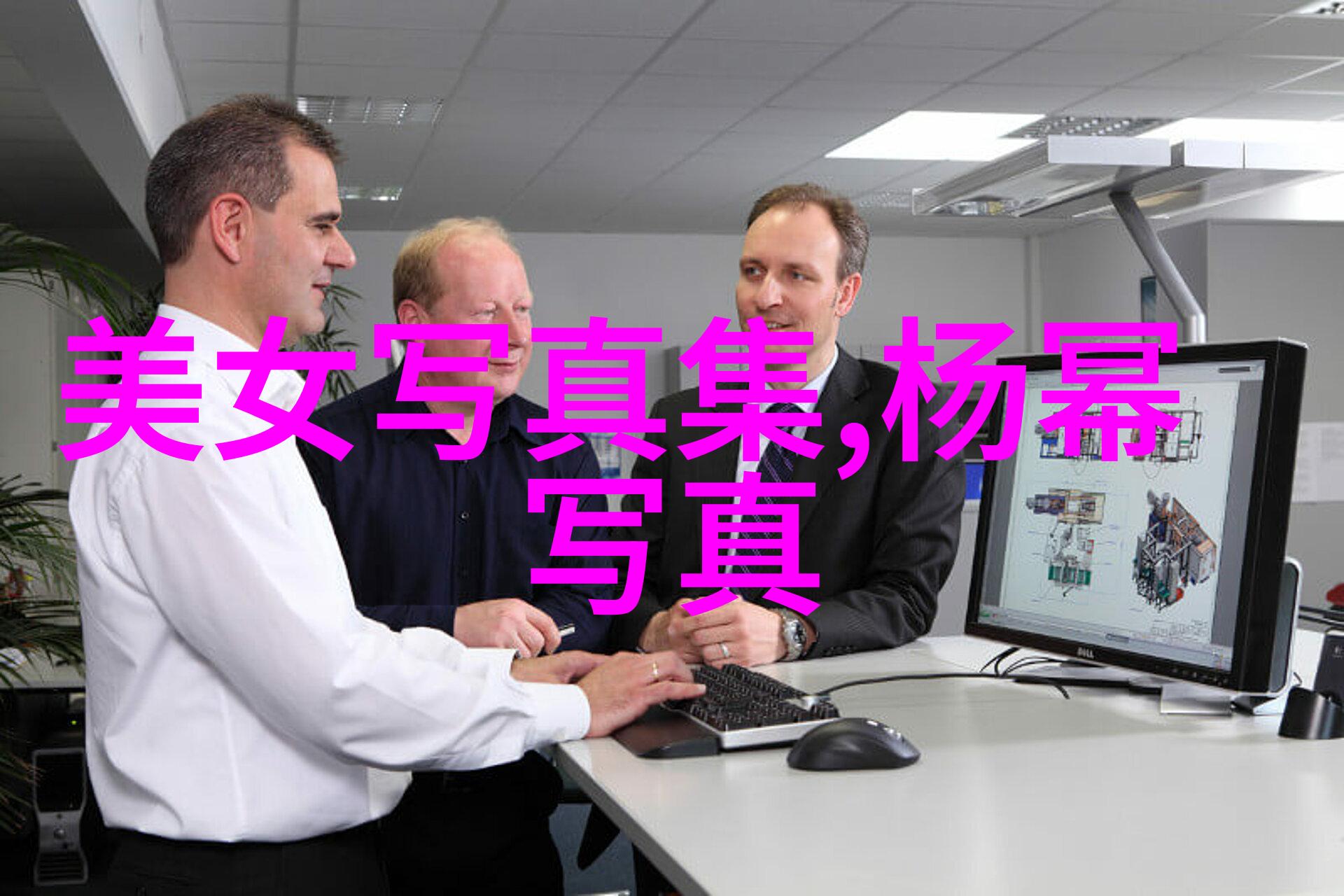Runway to Ramp The Evolution of Fashion Terminolog
Runway to Ramp: The Evolution of Fashion Terminology in English

Origin and Development
Fashion terminology has a long history, dating back to the early 20th century when fashion shows became an essential part of the industry. Initially, these events were held on runways, which were raised platforms used by designers to showcase their creations. Over time, as fashion evolved and spread globally, so did its vocabulary. Today, we have a diverse range of terms that are commonly used in the English-speaking world.

Key Terms
One of the most widely recognized terms is "runway," referring specifically to the elevated platform where models walk during fashion shows. Another term is "catwalk," which can be used interchangeably with runway but often carries a more informal connotation. Other key terms include "fashion week," referring to a series of events showcasing designer collections; "couture," denoting high-end clothing made from luxurious materials; and "haute couture," describing bespoke garments created for individual clients.

Designers' Roles
In addition to understanding key terms related to fashion itself, it's important to recognize roles within the industry that shape our vocabulary. A designer creates original pieces or designs for existing ones while an artist manipulates fabrics using techniques such as embroidery or dyeing them into unique colors or patterns called prints.

Materials and Fabrics
The choice of materials plays a significant role in defining style and trends within the world of fashion English terminology extends beyond just clothes themselves - fabrics like silk (a natural protein fiber), wool (a natural animal fiber), cotton (a plant-based fabric) are all part of this language repertoire.

5.The Rise Of Sustainable Fashion
Sustainability has become increasingly important in modern times with consumers seeking eco-friendly options while shopping for clothes This shift towards sustainability led designers adopting new terminology like organic cotton (grown without synthetic pesticides or fertilizers), recycled polyester (made from plastic waste) and upcycled material (transformed from discarded items).
6.Cultural Impact And Language Adaptation
English isn't just limited to Western countries anymore It's been adopted by people around globe who communicate through this language People speak different dialects depending on region they come from However there remains common thread running through every conversation - love for expressing oneself through beautiful words associated with beauty – that’s why learning about various aspects related not only helps one understand but also appreciate art form even better



